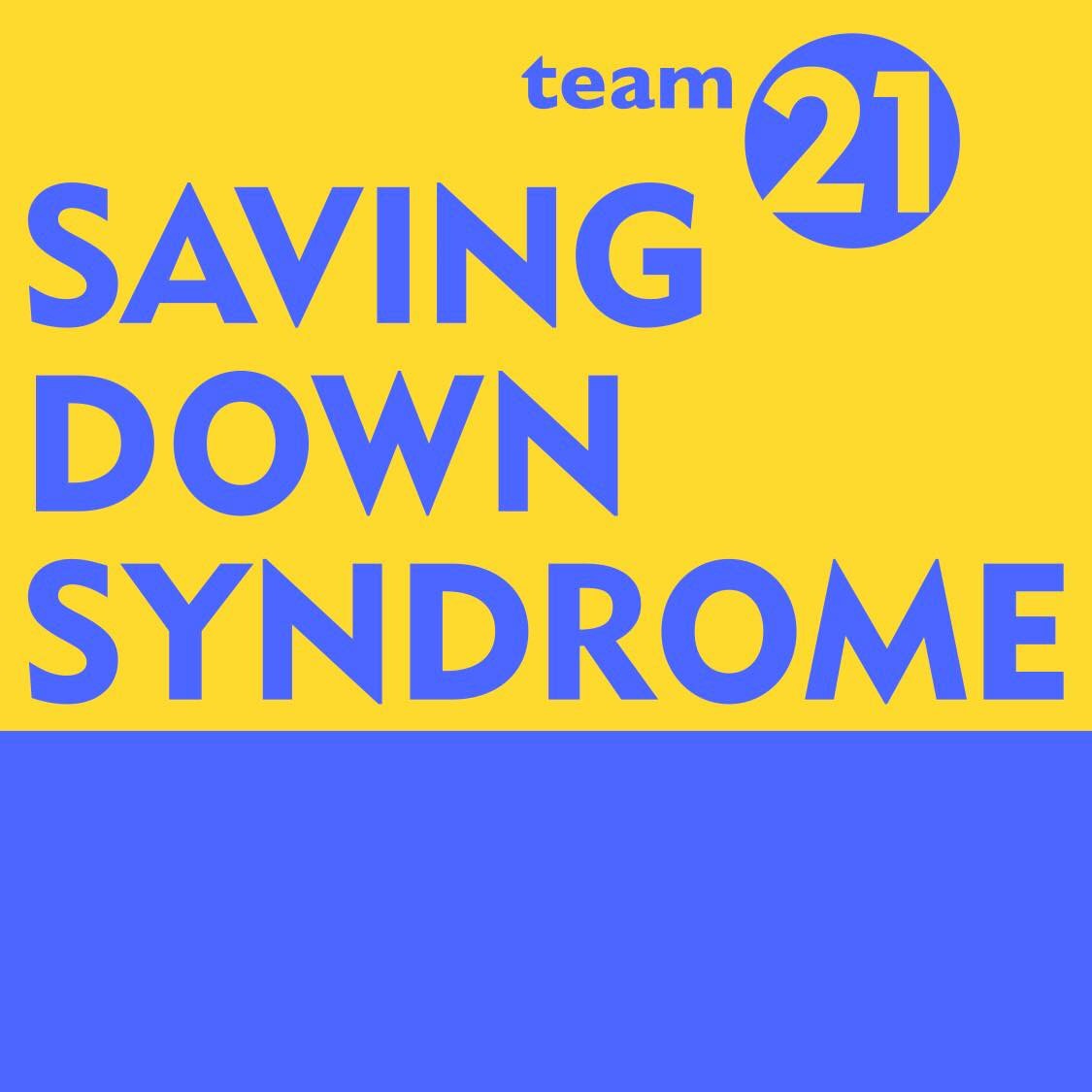“We wish to ensure that prenatal screening exists only to provide unborn children with Down syndrome and their parents with life-affirming, unbiased care through education, support and understanding-worldwide.”
Saving Downs is an international social justice advocacy for people with Down syndrome.
We focus on providing a balanced perspective on life with Down syndrome and supporting parents with a prenatal diagnosis.
We raise awareness around the discriminatory and eugenic nature of the practice of antenatal screening worldwide.
We wish to ensure that prenatal screening exists only to provide unborn children with Down syndrome and their parents with life-affirming, unbiased care through advocacy, education, support and understanding; worldwide.
Our position statement on prenatal screening and diagnostic testing for Down syndrome
Saving Downs acknowledges that people with Down syndrome have a right to be born free from discrimination, and to be treated on an equal basis with all.
Saving Downs advocates that the use of prenatal screening and diagnostic testing must respect the life and dignity of those diagnosed prenatally without discrimination, provide them with the best possible care without harm, and help those parents who wish to use it, prepare for the birth of their child.
Prenatal screening and diagnostic testing
The screening pathway comprises of screening and diagnostic testing:
- Screening determines the probability of Down syndrome in a pregnancy based on a statistical analysis.
- An invasive diagnostic test is required to determine whether Down syndrome is present in a pregnancy.
Screening
Typically a screening cut-off for an “increased chance” determines whether mothers are offered a diagnostic test. Cut-off ranges vary between 1 in 150 (a 0.7% chance) and 1 in 300 (a 0.3% chance).
Around 1 in 20 (5%) of pregnant women will have an increased chance result at a 1:300 cut-off. The natural live birth rate of Down syndrome is around 1 in 500 pregnancies (0.2%).
For some parents, screening can be helpful to prepare for the birth of their child.
Some parents choose to not use screening at all due to the possibility of anxiety and stress associated with the process.
Saving Downs advocates that screening should be optional as an informed choice and not be considered an element of routine pregnancy care.
Diagnostic tests
An invasive diagnostic test is required to determine whether Down syndrome is present in a pregnancy following an increased chance result from prenatal screening.
For every 200 woman who have an invasive diagnostic test, one or two will have a miscarriage as a result of the test. The tests can also cause other harm to the child. Statistically, the risk of harm exceeds the medical benefits to the child that rely on a confirmed pre-birth diagnosis.
For some parents diagnostic tests can be a valuable information tool to prepare for the birth of their child.
Some women choose to not have diagnostic tests due to the risk of harm to their pregnancies.
Saving Downs advocates that parents must be fully informed as to the risks of diagnostic testing.
Saving Downs advocates that diagnostic tests must respect the life and integrity of the unborn child, cause no harm, be only directed towards safeguarding or healing the unborn child and be presented in a way that does not discriminate against people with Down syndrome.
Adoption
There are many families who are interested in adopting a child with Down syndrome. Saving Downs can direct parents to relative support groups.
Pregnancy termination
Saving Downs does not consider a diagnosis of Down syndrome to be a reason for terminating a pregnancy.
Parents should continue to be fully supported through the pregnancy.

